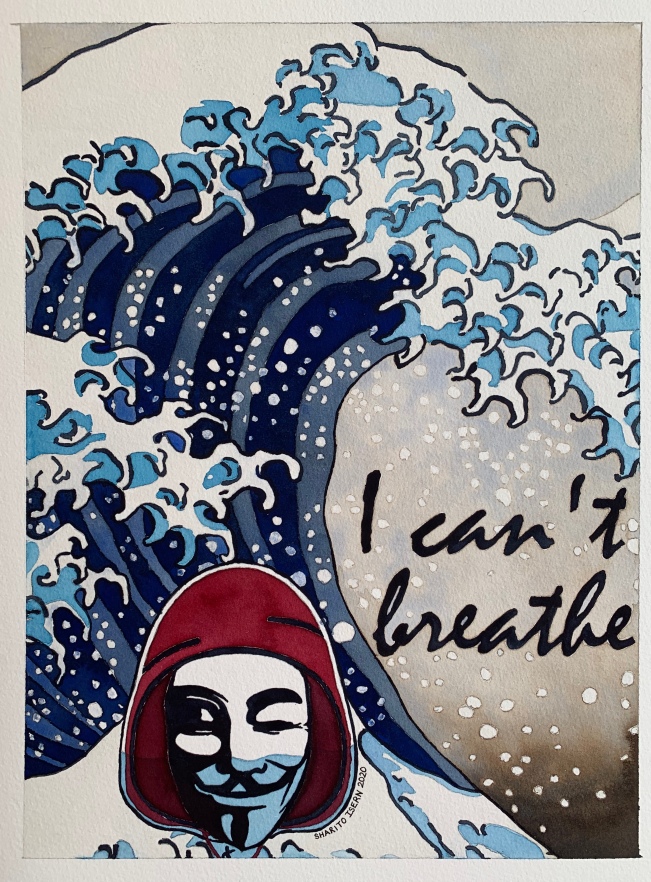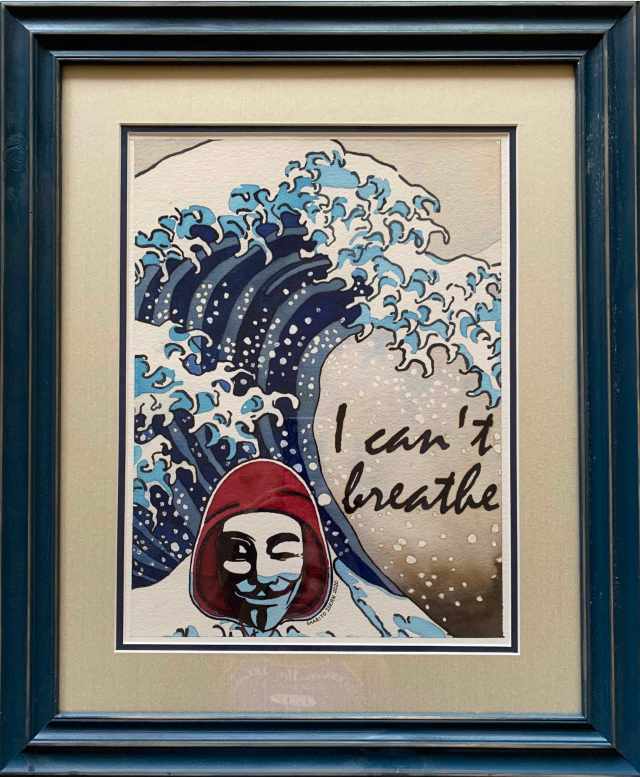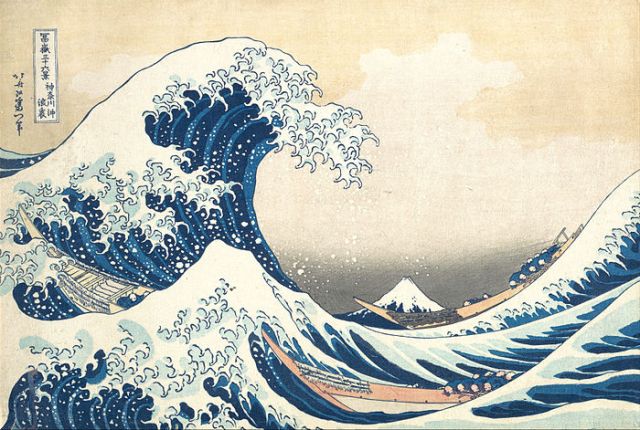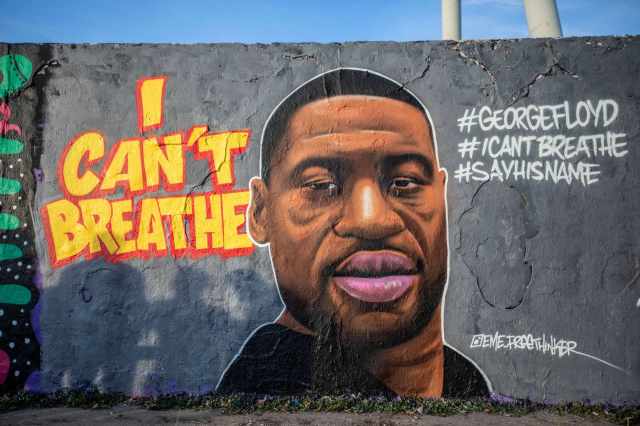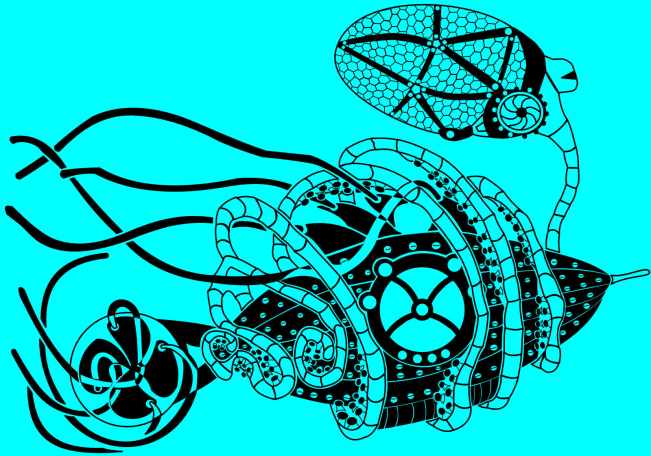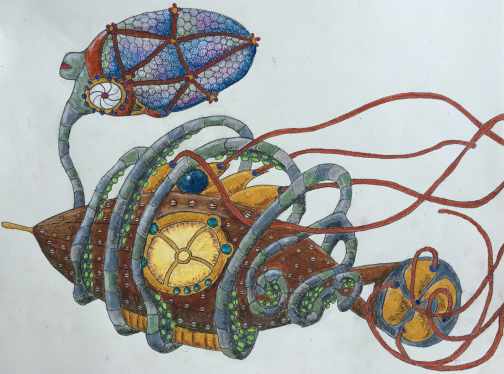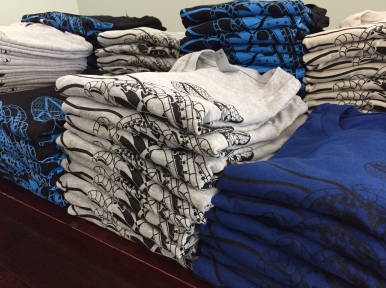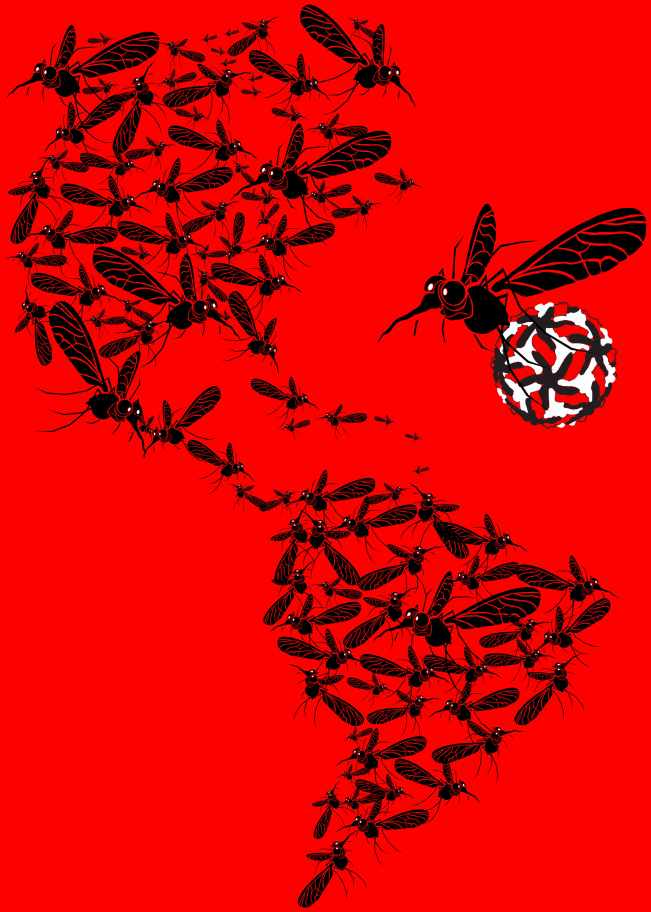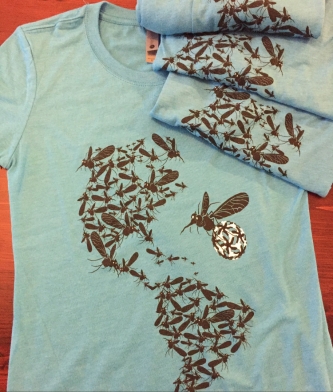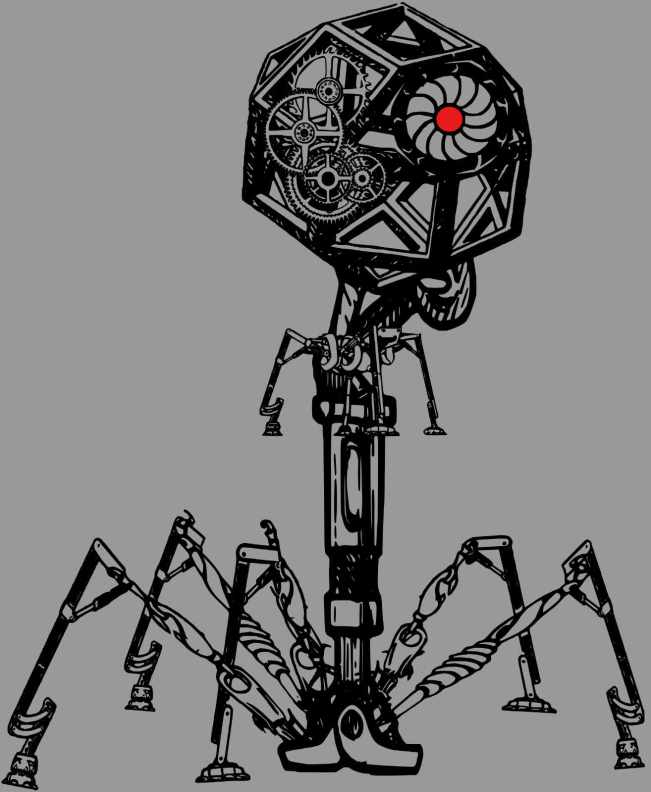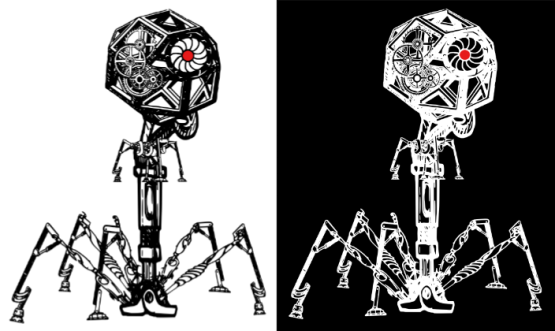Masks are Cool
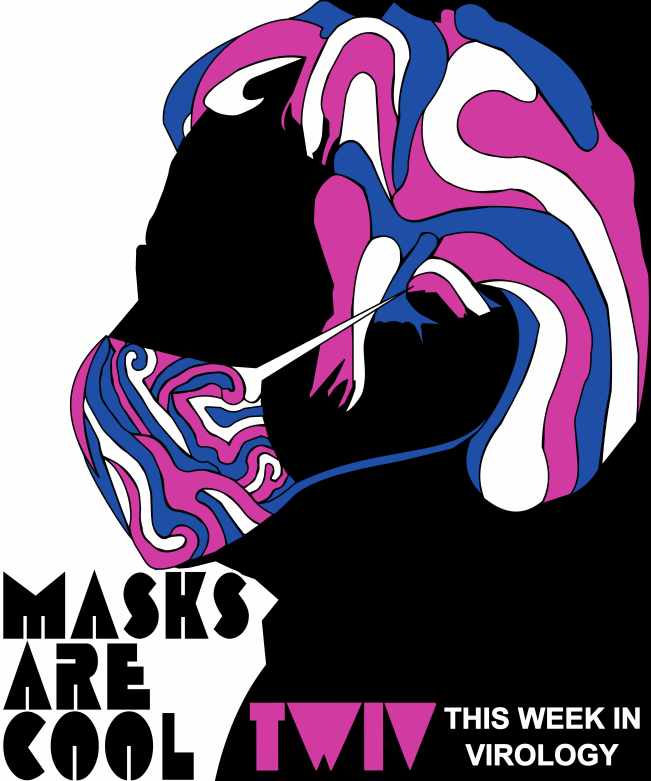
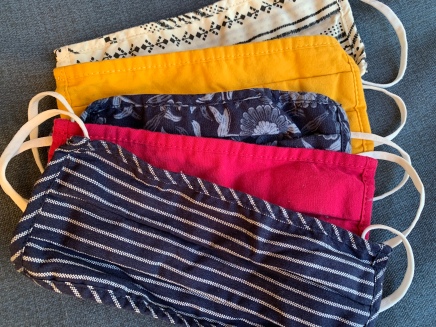
Though there are 26 vaccine candidates in clinical evaluation with 139 additional candidates in preclinical evaluation to date, we don’t yet have a vaccine that we can use to prevent coronavirus (SARS-CoV-2) infection. For the time being, face masks are the best defense we have to prevent transmission.
Two recent case studies published in the Centers of Disease Control and Prevention’s (CDC) Morbidity and Mortality Weekly Report highlight these findings. One shows how the use of face masks prevented the spread of SARS-CoV-2 from two infected, symptomatic hair stylists to their clients. Both stylists wore face masks and so did all their clients. None of the clients tested positive for SARS-CoV-2.
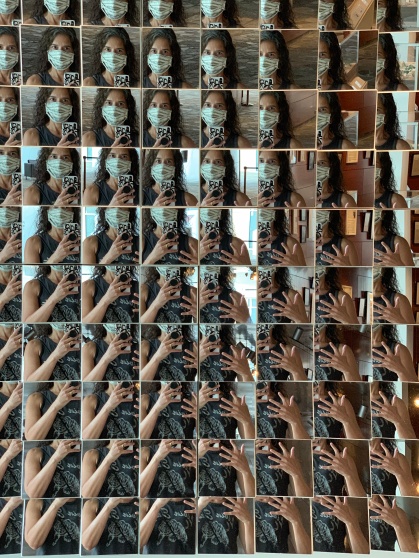 The second report highlights what happens when face masks are not worn. Attendees at a Georgia summer camp were required to have a negative SARS-CoV-2 test prior to attending camp, but were not required to use face masks while at camp. In less than a week of attending camp, 344 attendees (58% of attendees) were tested for SARS-CoV-2 after a staff member was diagnosed with COVID-19. Among these, 260 (76%) tested positive.
The second report highlights what happens when face masks are not worn. Attendees at a Georgia summer camp were required to have a negative SARS-CoV-2 test prior to attending camp, but were not required to use face masks while at camp. In less than a week of attending camp, 344 attendees (58% of attendees) were tested for SARS-CoV-2 after a staff member was diagnosed with COVID-19. Among these, 260 (76%) tested positive.
SARS-CoV-2 Transmission and Infection Among Attendees of an Overnight Camp — Georgia, June 2020
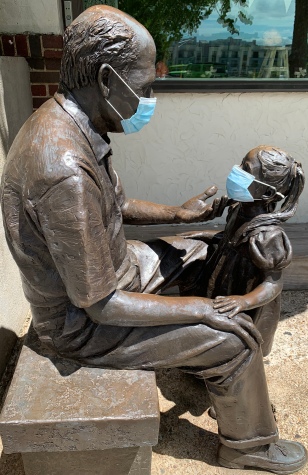 From the many types of face masks available, my personal favorites are cotton cloth ones. The ones with soft elastic that loops around each ear. They are comfortable to wear, soft to the touch, fit snuggly around my nose and mouth, and are easy to wash. I run them through the washer in a delicates bag and dry them in the dryer. I have been happy with the quality and durability of Old Navy face masks. How often do I change them? As often as I change my underwear. I keep a bunch of clean ones (face masks) in a gallon size zip plastic bag and use a fresh one every morning. If only I could keep my glasses from fogging every time I step out of an air conditioned environment, but it’s a small price to pay for taking care of each other.
From the many types of face masks available, my personal favorites are cotton cloth ones. The ones with soft elastic that loops around each ear. They are comfortable to wear, soft to the touch, fit snuggly around my nose and mouth, and are easy to wash. I run them through the washer in a delicates bag and dry them in the dryer. I have been happy with the quality and durability of Old Navy face masks. How often do I change them? As often as I change my underwear. I keep a bunch of clean ones (face masks) in a gallon size zip plastic bag and use a fresh one every morning. If only I could keep my glasses from fogging every time I step out of an air conditioned environment, but it’s a small price to pay for taking care of each other.
My latest graphic art design, Masks are Cool, commissioned by This Week in Virology’s (TWiV), Dr. Vincent Racaniello, is part of an effort to increase awareness of face mask usage to prevent SARS-CoV-2 transmission. The design was inspired by Milton Glaser’s iconic Dylan poster.
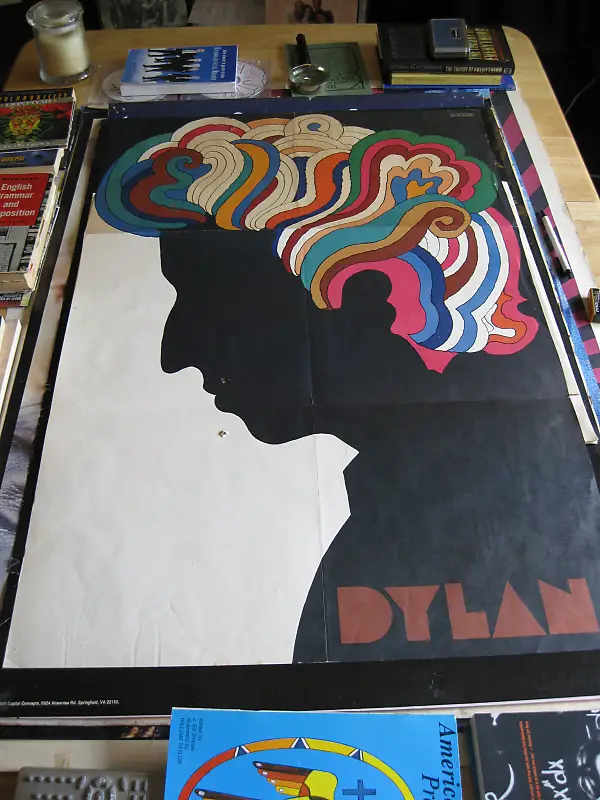
Milton Glaser’s Dylan poster

